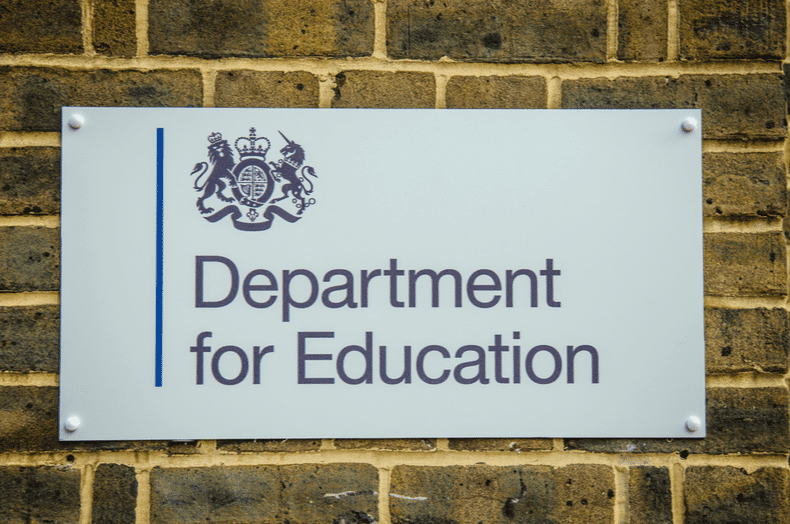Our 10-point guide to teaching about political issues
Did you see the recent event regarding a primary school class that hit the news? You may remember the class who wrote letters to the prime minister, asking him to resign. However, you may not be aware that the government responded by reminding schools about their legal duties. Importantly, you need to know it reminded teachers about their duties regarding impartiality when teaching political issues. Whatever your views about this particular incident, teachers have duties regarding this matter. You must remember to be impartial when teaching political issues. You may or may not know, it’s a requirement for all teachers and supply teachers. Here is our quick 10-point summary guide.
Our 10 tips on teaching about politics
- Remember to prepare your teaching plan beforehand so you understand what political issues are going to be covered.
- Above all, be aware of your own opinions regarding the political curriculum. As a result, you can avoid imparting them by accident.
- Importantly, you should ensure that you give any political issues a balanced account.
- You should always ensure your teaching plan is age-appropriate.
- When you describe a political issue in class, ensure it’s not too complex for pupil ability.
- You can avoid an imbalance in resources by being mindful of bias. You should check teaching resources carefully. For example, ask yourself who produced them?.
- Carefully you should think about any organisations you work with and understand what they represent. Ask yourself if they have any political stance.
- Importantly, you should make sure that external agencies do not promote their political views to pupils. When inviting outside agencies, you should check them put first, if they are involved in school activities.
- Secondly, your should take steps to offer pupils a balanced account of political issues external organisations may cover with them.
- Above all, you should never work with organisations that adopt extreme political positions. For example, those who adopt or encourage violence, are engaged in criminal activity or want to end democracy.If you would like to learn more, you can read the DfE guide in full here.



